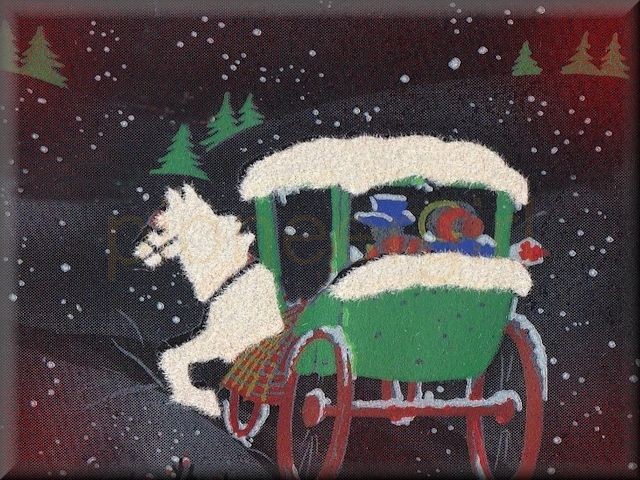“The Treadmill Song”

 The twilight deepened into night. Stars came out in the vastness of the sky and the prairie stretched dim and mysterious far away. The buggy wheels turned softly on the grassy road. In the stillness, Laura began to sing… — These Happy Golden Years, Chapter 27, “School Days End”
The twilight deepened into night. Stars came out in the vastness of the sky and the prairie stretched dim and mysterious far away. The buggy wheels turned softly on the grassy road. In the stillness, Laura began to sing… — These Happy Golden Years, Chapter 27, “School Days End”
The Treadmill Song was originally a poem by Oliver Wendell Holmes; it first appeared in his book of forty-five poems titled: Poems. It was published in Boston by Otis, Broaders, and Company, 1836. In 1893, it appeared in The Poetical Works of O.W. Holmes, Volume I, Earlier Poems (1830-1836). The poem as set to music has all but been lost over time. It first appeared in Budget’s Trefet of Music, Number 15, published March 1892. It was said to be “a song from the 1880’s” and was not a new song at the time.
Oliver Wendell Holmes, Sr. (1809-1894) was born in Cambridge, Massachusetts. He studied at Phillips Andover Academy, where he wrote his first verses. He was graduated from Harvard University in 1829, and spent three year studying medicine in Paris. Holmes taught anatomy and physiology at Harvard, and eventually became dean. In the fall of 1857, he helped found The Atlantic Monthly magazine; he was also one of its earliest contributors. His first contributions were in the form of a series of conversational papers titled “The Autocrat of the Breakfast Table,” and they included some of the finest of his poems. Although medicine was his profession, Holmes wrote many poems and hymns throughout his life, and he was a much sought-after lecturer. Holmes died in 1894 in Boston and is buried in Watertown, Massachusetts.
In the existing manuscript for These Happy Golden Years, Laura Ingalls sings “The Treadmill Song” to Almanzo on the way to the Wilkin School, exactly as it appears in the published version.
by Oliver Wendell Holmes
The stars are rolling in the sky,
The earth rolls on below,
And we can feel the rattling wheel
Revolving as we go.
Then tread away, my gallant boys,
And make the axle fly;
Why should not wheels go round about,
Like planets in the sky?
Wake up, wake up, my duck-legged man,
And stir your solid pegs.
Arouse, arouse, my gawky friend,
And shake your spider legs.
What though you’re awkward at the trade,
There’s time enough to learn,–
So lean upon the rail, my lad,
And take another turn.
They’ve built us up a noble wall,
To keep the vulgar out;
We’ve nothing in the world to do
But just to walk about;
So faster, now, you middle men,
And try to beat the ends,–
It’s pleasant work to ramble round
Among one’s honest friends.
Here, tread upon the long man’s toes,
He sha’n’t be lazy here,–
And punch the little fellow’s ribs,
And tweak that lubber’s ear,–
He’s lost them both; don’t pull his hair,
Because he wears a scratch,
But poke him in the other eye,
That isn’t in the patch.
Hark! fellows, there’s the supper-bell,
And so our work is done;
It’s pretty sport, — suppose we take
A round of two for fun!
If ever they should turn me out,
When I have better grown,
Now hang me, but I mean to have
A treadmill of my own!
(from These Happy Golden Years)
The stars are rolling in the sky,
The earth rolls on below,
And we can feel the rattling wheel
Revolving as we go;
Then tread away my gallant boys,
And make the axle fly!
Why should not wheels go round-about,
Like planets in the sky?


“The Treadmill Song” (THGY 27)
“The stars are rolling in the sky”
Old Treadmill Song

